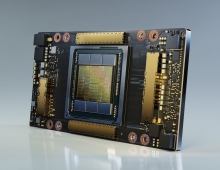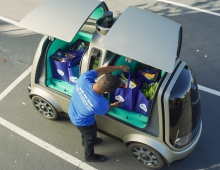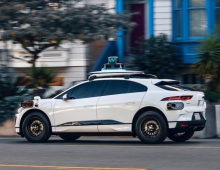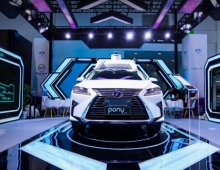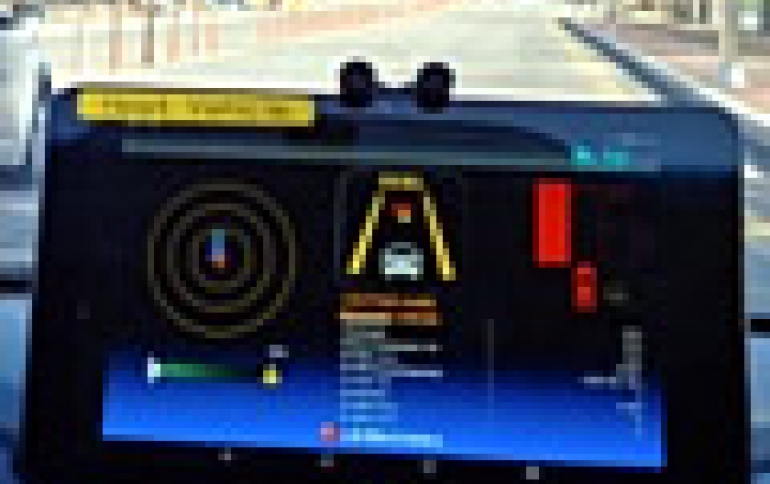
LG Tests LTE-based Safety Technology for Connected, Self-driving Cars
LG Electronics on Sunday announced successful applications of long-term-evolution (LTE) network-powered vehicle-to-everything (V2X) safety technologies for autonomous driving vehicles.
The LTE-based V2X safety technology was recently demonstrated on public roads in Gwacheon city, the Korean firm said.
THe technology complements other Advanced Driver Assistance Systems (ADAS) sensors, such as cameras, radar and LIDAR, to provide information about the vehicle's surroundings, even in non-line-of-sight (NLOS) scenarios. It is also designed to allow for situational awareness by detecting and exchanging information using direct communications with other vehicles, infrastructure and pedestrians' devices, as well as network-based communications to cloud services using commercial cellular bands.
The safety technology enables cars to exchange traffic information alongside nearby car information, including location, direction and speed, to avoid collision in advance.
LG Electronics demonstrated two technologies - "warning about cars emergency braking ahead" and "warning about construction work ahead."
The "warning about cars emergency braking ahead" technology allows drivers to prevent a collision by sending a warning message when the driver in a front car suddenly brakes.
The "Warning about construction work ahead" technology helps cars to avoid construction sites in advance by sending information through information technology infrastructure.
The warning systems are overcoming setbacks from the advanced driver assistance system (ADAS) and sensor-based safety systems which can monitor vehicles or obstacles only in close by.
It can share multiple information from vehicle to vehicle in real-time, including vehicle location, speed and even road conditions.
LG Electronics has stepped up efforts to diversify its portfolios, a move aimed at securing new growth engines. It expects the latest achievement to broaden its global presence as an auto-parts manufacturer and autonomous vehicle technology developer.
The company has recently announced a plan to invest 28.6 billion won (US$26 million) in a U.S. plant that produces battery packs and motors for electric cars. It also reportedly plans to acquire a vehicle lighting company ZKW in a consortium with LG Group, according to the company.
To enhance its research in the emerging industry, the company joined hands with Qualcomm in October to jointly develop connected vehicle systems.

